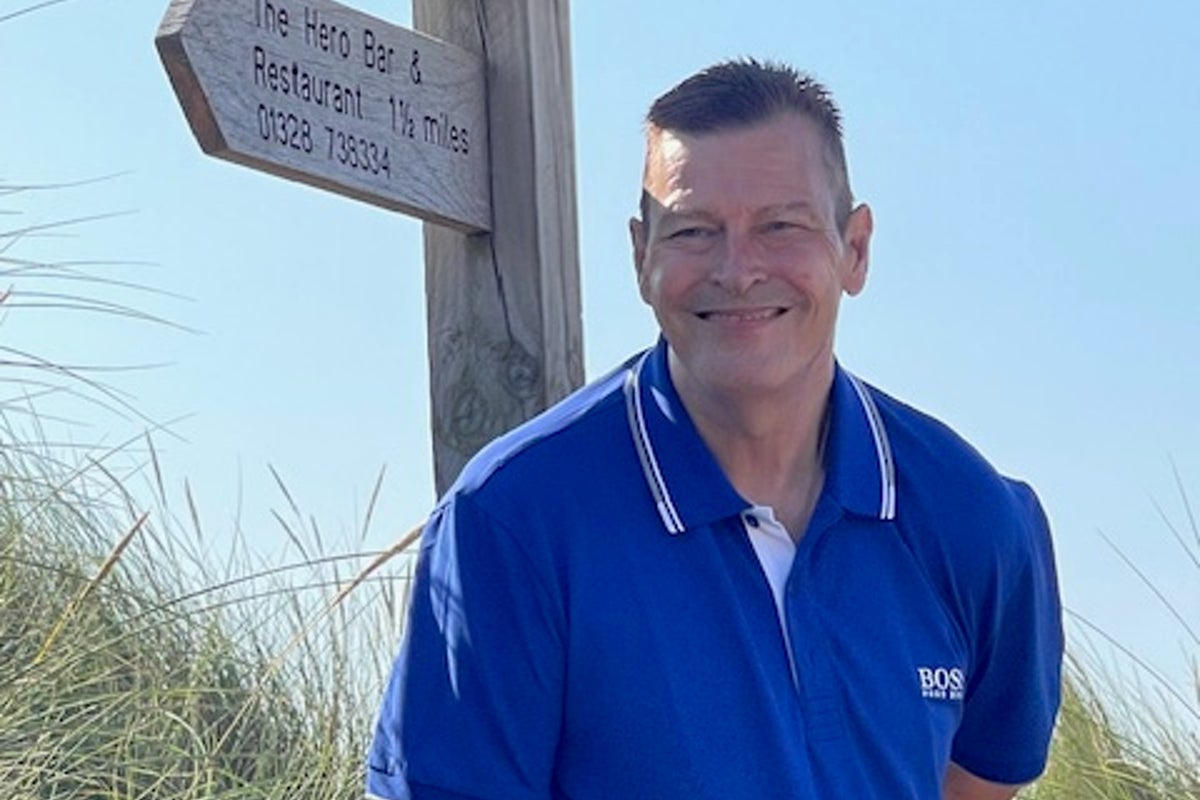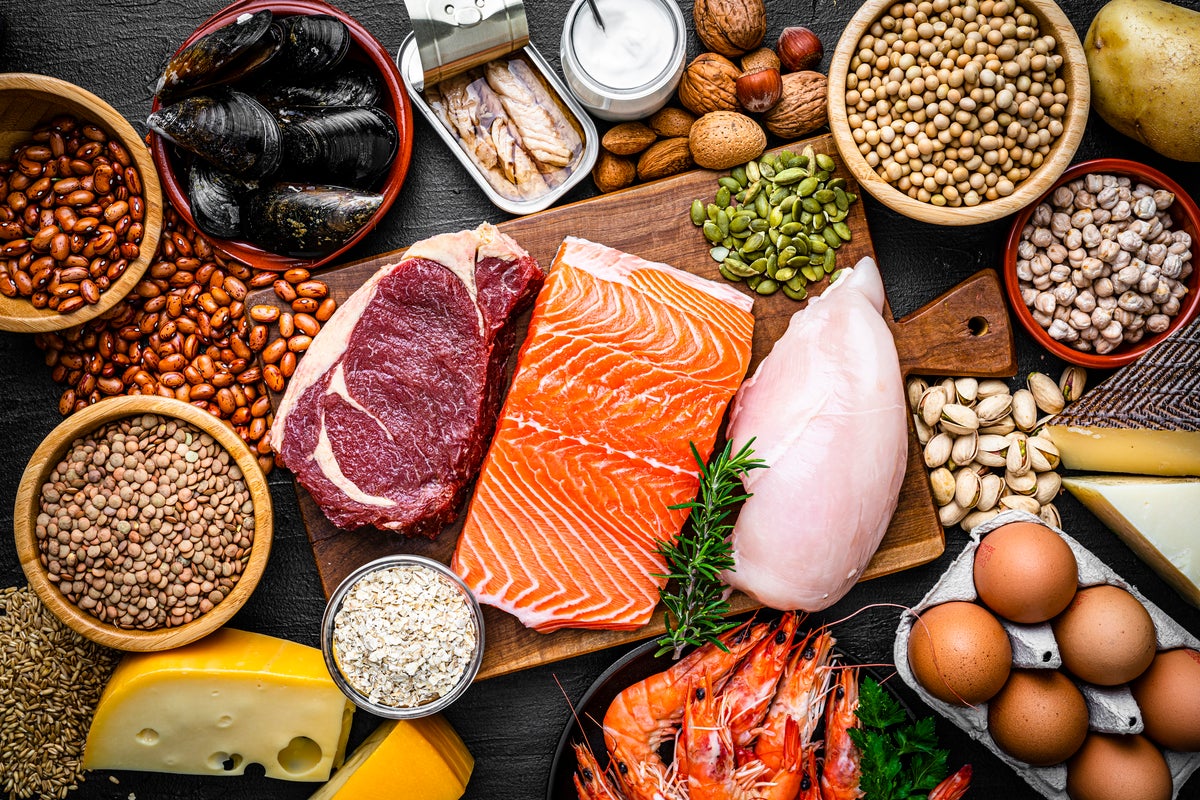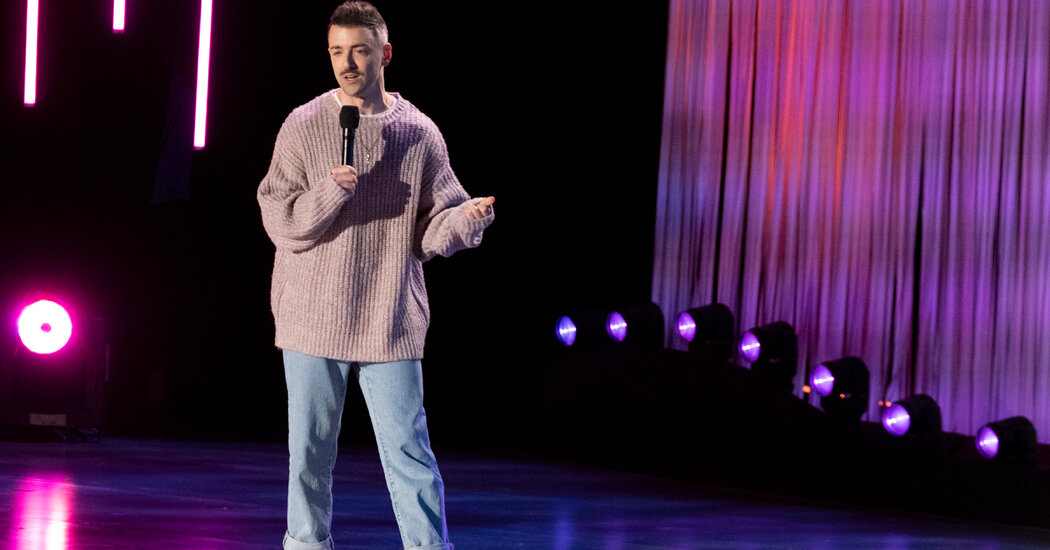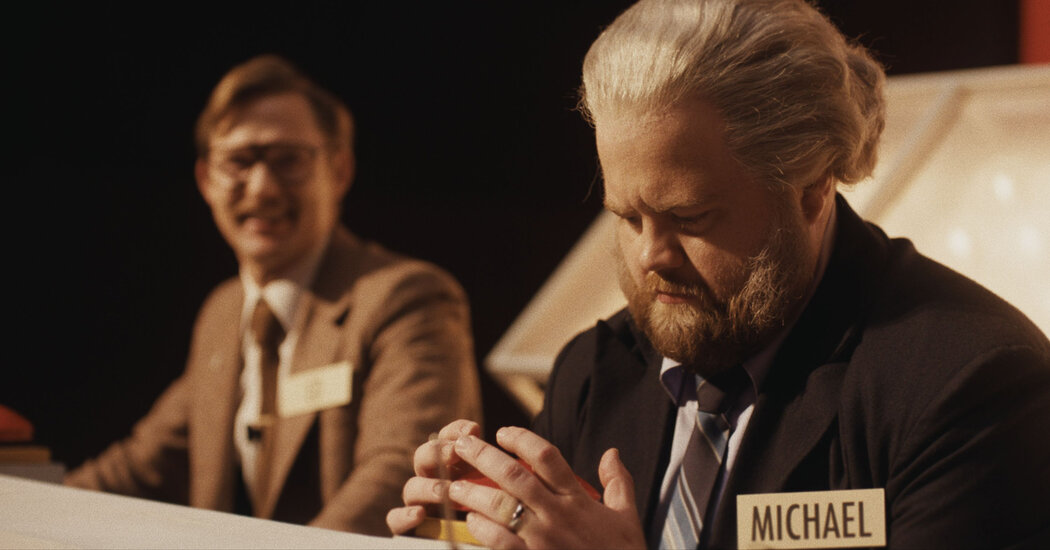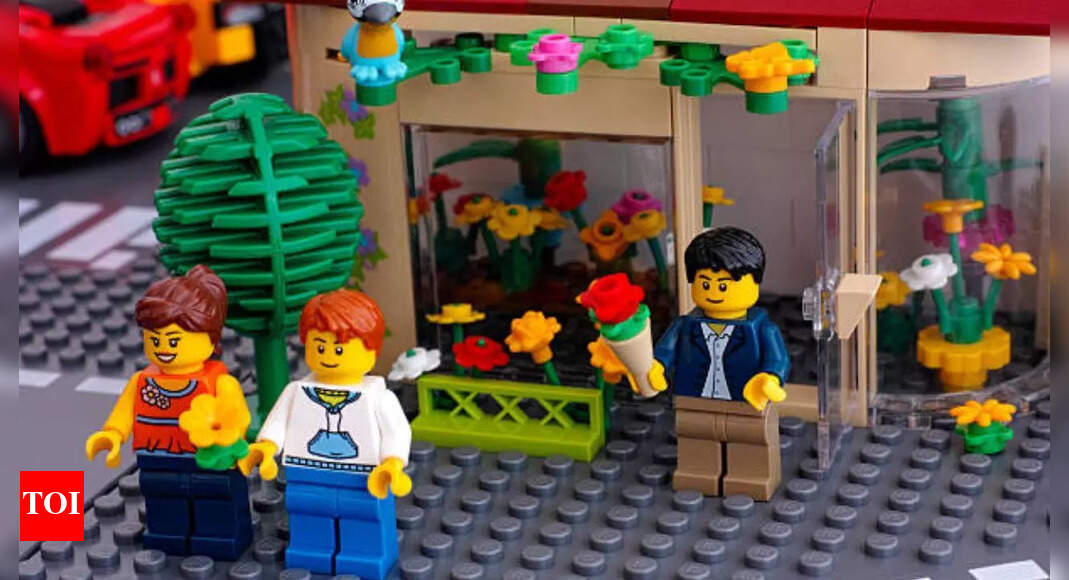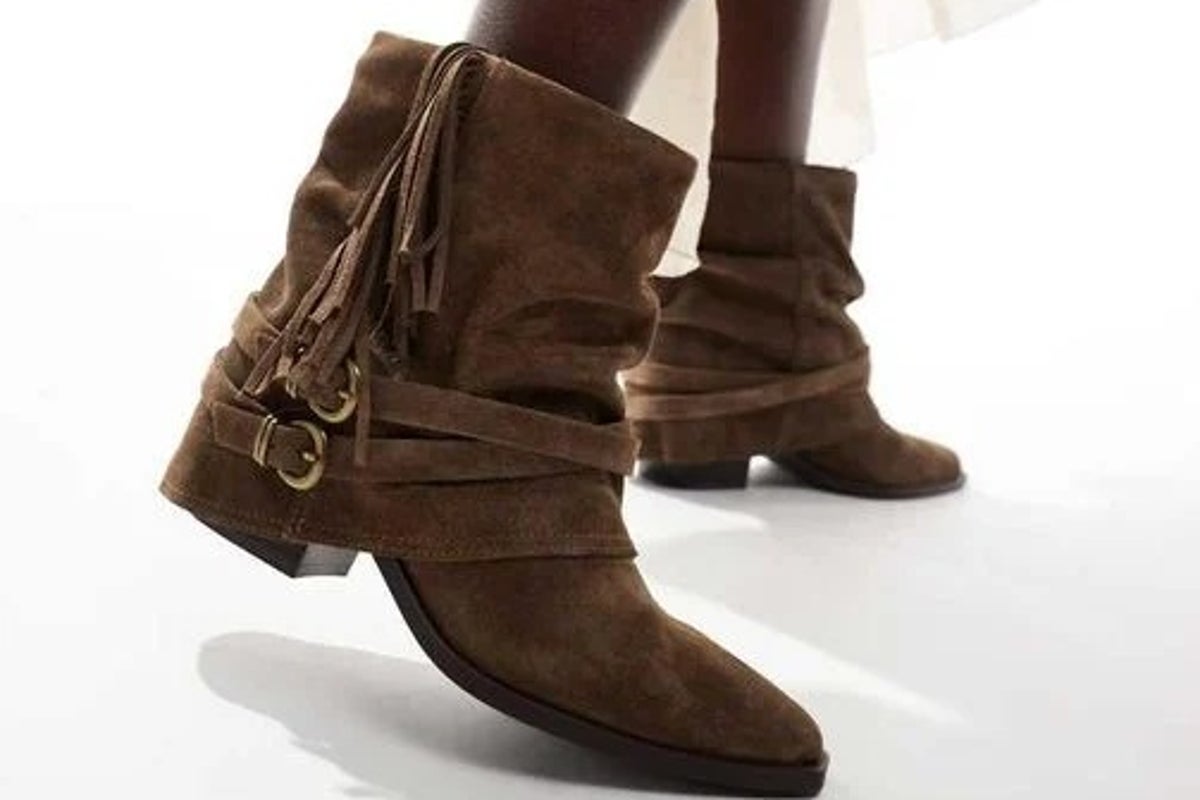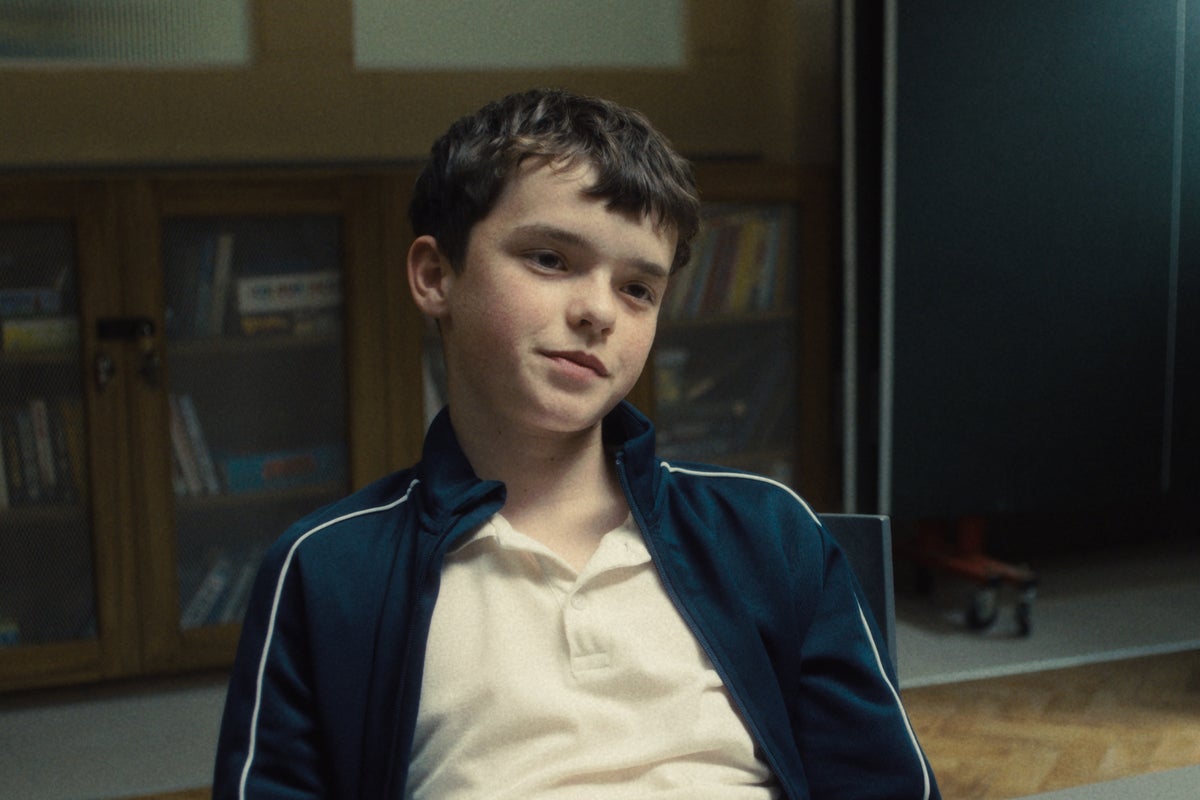
How to talk to your children about Adolescence and the manosphere
The success of Netflix drama Adolescence, along with concerns about misogynistic influencers such as Andrew Tate, has brought the “manosphere” into public discussion.
Many parents, particularly of young boys, may fear they don’t know enough about what their children are exposed to online.
I research radical misogyny online, and the pathways by which young people encounter these spaces.
Here is what parents should know about this content.
What is the manosphere?
The manosphere is a network of communities that create, consume and distribute content online aimed at men and boys. It includes multiple groups that differ in their aims and focus, but are all largely anti-feminist.
These groups discuss masculinity, but also topics such as health, gaming, politics and finance. They trivialise hateful rhetoric through memes, comedy and trolling (provocation or bullying for amusement) by framing it as self-help, entertainment and tools for financial success. This can make it difficult for parents to identify and for children to realise the extreme messages they are being exposed to.
Manosphere content is promoted by various influencers on popular social media platforms. These influencers often showcase unattainable wealth and status, selling the illusion that followers can achieve success by adopting their teachings.
The most notable manosphere influencer is Andrew Tate, who rose to fame in 2022. He and his brother Tristan are currently under investigation in Romania for charges of rape, human trafficking and money laundering, and in the UK for rape and human trafficking. However, he is not the only influencer out there.
In recent years, there have been a number of incidents of violence that have been linked to manosphere content. The extent of real-world effects is difficult to measure, and not everyone who engages with the manosphere will go on to commit violence. But it’s clear that these communities can promote violence or spread harmful ideas about women and girls.
It is important to note, however, that this content also harms men and young boys. The manosphere promotes unrealistic expectations and extreme measures which can lead to poor self-esteem, mental health problems and, in some cases, suicide. This content preys on vulnerabilities and insecurities of boys and young men, especially related to social isolation and sexual rejection.
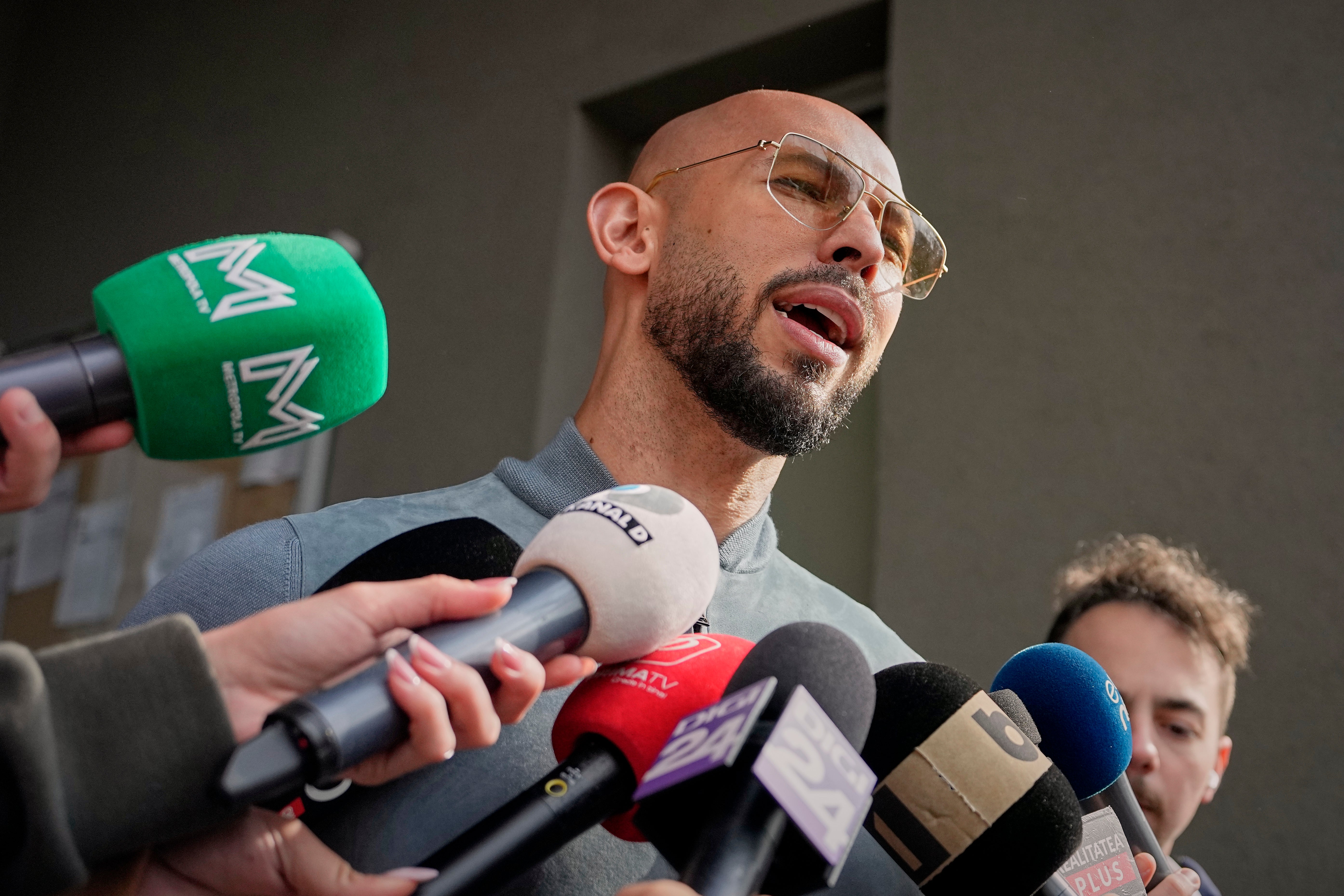
Misinformation and pseudoscience
Much of the content that spreads in the manosphere is based on disinformation or pseudoscientific theories. These provide an easy framework for men to assess and improve their status while framing women and feminism as the problem.
For example, the “80/20 rule” refers to the pseudoscientific theory that 80 per cent of women are only attracted to the top 20 per cent of men. In the manosphere, this rule is used to blame women for mens’ feelings of sexual or romantic rejection.
Influencers and community members promote step-by-step instructions that people can follow to improve their social standing. Many of these guides involve extreme or harmful physical transformations in a phenomenon known as “looksmaxxing”, which can even involve facial surgery in a bid to increase their sexual “value”.
The manosphere has an expansive lexicon which is used to incite hatred towards women and fuel rivalry between men. Common terms include:
- Red pill: TRP, the manosphere’s core philosophy, derived from the Matrix, frames the red pill as an awakening to feminism’s oppression of men. The blue pill represents ignorance, and the black pill, used by incels, as accepting their “terminal” celibacy status.
- Amog (alpha male of the group), Alpha, Gamma, Omega, Sigma, Sub-5: These terms categorise and compare men and their social status. While sigma and alpha males or Amogs are considered the top of the hierarchy, the terms gamma, omega, and sub-5 denigrate men perceived to be of a lower status.
- White Knight, Soyboy: Derogatory terms describe men who are viewed as being subservient to women.
- Awalt (All women are like that), Foid/Femoid (female humanoid), Becky, Carousel: Terms used to denigrate and dehumanise women.
Parents should not panic if they hear their children using manosphere terms. They may not fully understand their meanings and may have encountered them innocently. However, changes in how boys talk about women and girls, withdrawal from family and friends, and frequent use of these terms can be an indication that they are being influenced by the manosphere.
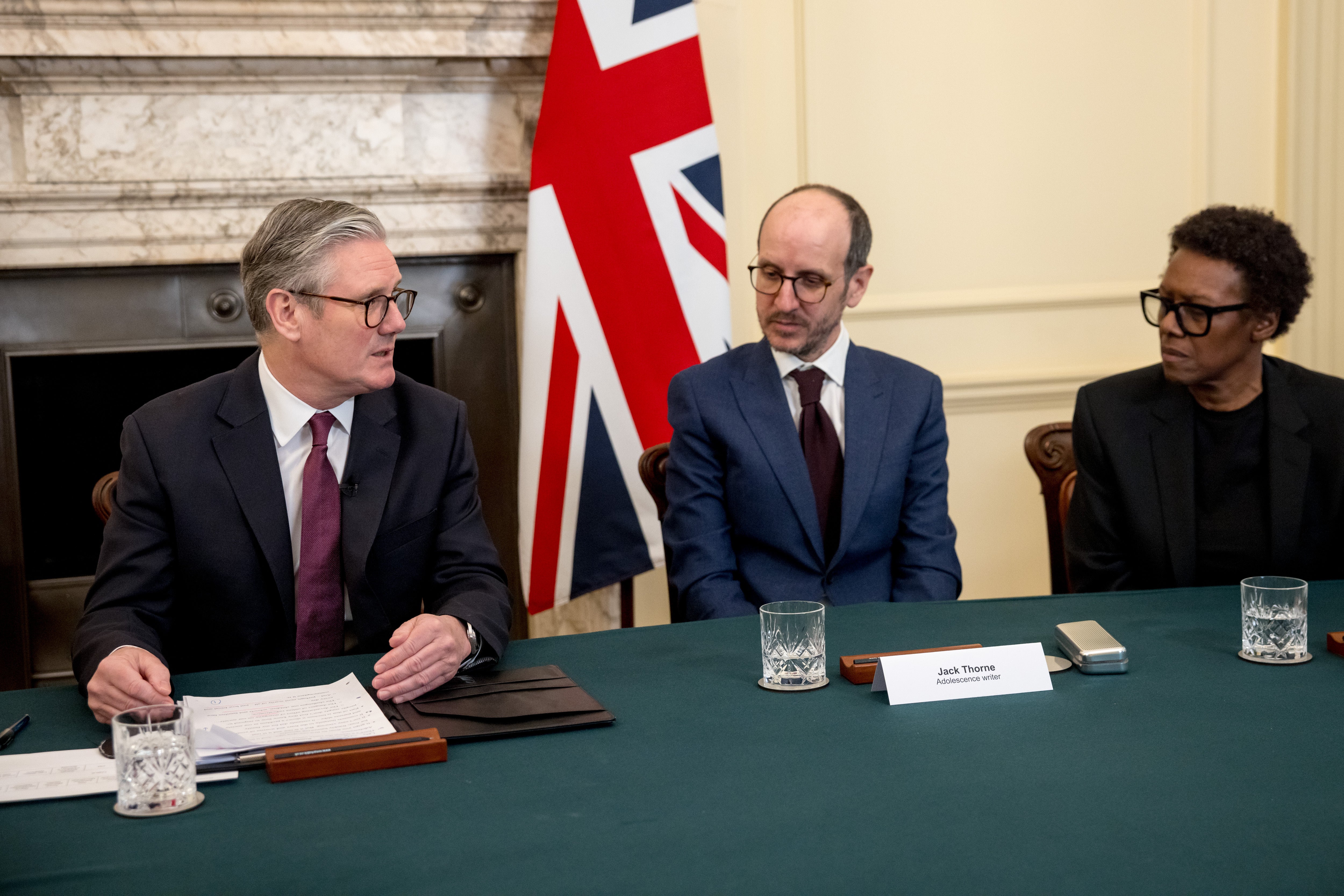
Supporting your child
Most adolescents will come across manosphere content at some point. A recent survey found that 59 per cent of boys accessed manosphere content through innocent and unrelated searches. This doesn’t necessarily mean that they endorse the misogynistic values spread by these groups.
Here are some steps you can take to support your child.
1. Explore online together
Research commissioned by media regulator Ofcom found that children were more likely to come across harmful content if their parents are less engaged in what they are doing. Watching content that relates to your children’s hobbies, and sending them content you think they would like, can help train algorithms to promote more moderate content and open up an avenue for discussion.
Engaging online with your child can be a natural way to start conversations about what they are exposed to. It is important that you are not trying to intervene or critique, but rather understand why they enjoy watching certain influencers or content.
2. Encourage reflection and media literacy
Research suggests that teaching children to be sceptical about what they see online can inoculate them against mis- and disinformation.
The most obvious disinformation they are most likely to come across in the manosphere may be in the form of statistics, summaries of “academic” reports, and news articles about instances of female aggression or false rape allegations. They may also come across misleading content in educational or self-help posts, about improving their appearance or how to be successful.
Ask your children why they trust certain influencers and where they think their friends get their information. These kinds of questions can help them develop their own fact-checking skills without it seeming like a lesson.
3. Ask open-ended questions
Asking children about what they consume or what slang they use online can feel cringe. The best way to get around this is to ask simple open-ended questions such as “How do boys in your class talk about girls?” or “Have you ever heard of…?”
What you hear may be shocking, but approach it with curiosity and without judgment or dismissal to let them know they can share things with you.
If you are concerned about your child’s behaviour, you can also get support from resources such as Young Minds mental health support, the Center for Countering Digital Hate’s free parents guide or the government’s radicalisation helpline ACT Early. Getting support from government services is not a punishment. It won’t go on a person’s criminal record, but can provide access to governmental services like Prevent.
Annabel Hoare is a PhD student in Gender-Based Political Violence at Anglia Ruskin University
This article was originally published by The Conversation and is republished under a Creative Commons licence. Read the original article



